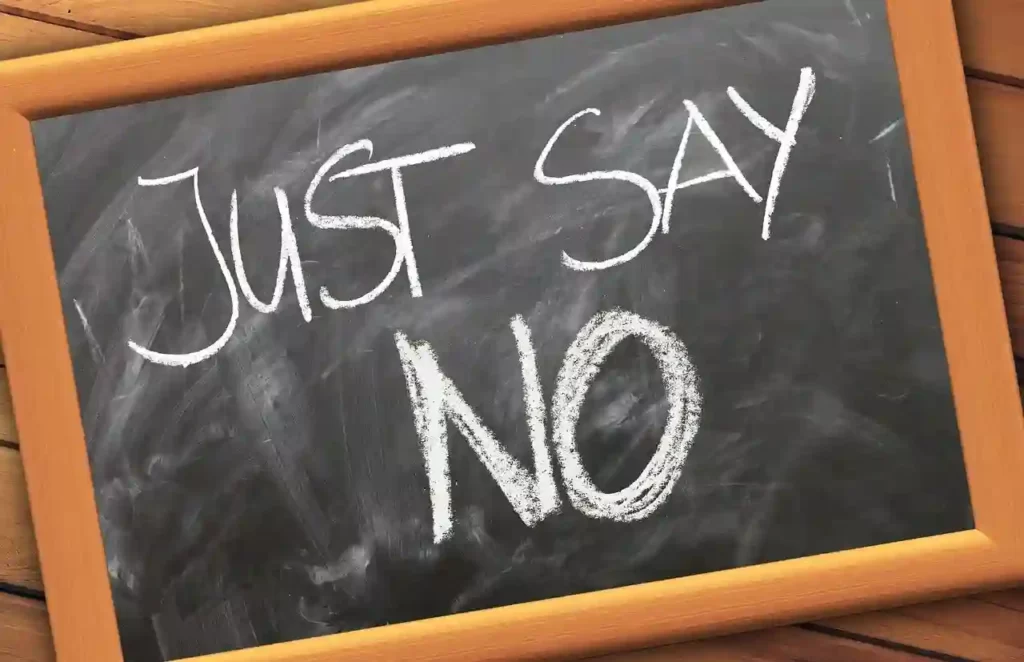When you stop using a substance that you are addicted to, you will experience withdrawal symptoms. This can be a very difficult time, and it is important to follow some health tips to make the process as smooth as possible. In this blog post, we will discuss some of the best health tips to follow when you are experiencing serious withdrawal symptoms.
What are Withdrawal Symptoms?
Withdrawal symptoms are the physical and psychological symptoms that you experience when you stop using a substance. If you find yourself in a relapsing condition, it is likely that you are experiencing withdrawal symptoms. Withdrawal symptoms can vary depending on the substance that you are addicted to.
Some of the most common withdrawal symptoms include anxiety, depression, insomnia, irritability, muscle aches and pains, nausea and vomiting, and sweating. These symptoms can be very severe and can even be life-threatening.
Tips to Help You Through Withdrawal
If you are going through withdrawal, it is important to seek professional help. This can be in the form of rehab, detoxification program, or inpatient treatment program. These programs will provide you with the medical care and support that you need to get through this difficult time.
In addition to professional help, there are some things that you can do at home to help ease your withdrawal symptoms. Some of these tips include:
Getting plenty of rest and sleep.
This is important to help your body recover from the physical and psychological stress of withdrawal. Sleeping for at least eight hours a night will help you to feel more rested and less anxious. If you have some trouble sleeping, try some relaxation techniques such as yoga or meditation.

Eating a healthy diet.
Eating nutritious foods will help to boost your energy and mood. You should eat plenty of fruits, vegetables, and whole grains. Avoid sugary and fatty foods as they can make your symptoms worse. Eating small, frequent meals will also help to ease nausea and vomiting.
Staying hydrated.
Drinking plenty of fluids will help to flush the toxins out of your system. It is important to drink at least eight glasses of water a day. Also, it will help to drink detox teas and juices. These drinks are easily made at home and can help to reduce your symptoms.
Some of the most popular ones are ginger tea, turmeric tea, and lemon water. They can help you to feel more relaxed and ease your nausea.
Exercising regularly.
Exercise can help to release endorphins, which can improve your mood and reduce stress. If you do not like exercising, try walking, swimming or something like that, as it can help you improve your health.
Practicing relaxation techniques.
This can include yoga, meditation, or deep breathing exercises. Relaxation techniques are vital to helping you cope with the stress of withdrawal.
Avoiding triggers.
This means avoiding places, people, or activities that trigger your urge to use the substance. The best thing you can do is to stay away from people and places that remind you of your addiction. This may include avoiding bars, clubs, or parties.
Attending support groups.
This can provide you with emotional and social support from others who are going through similar experiences. You need to stay in touch with people in order to stay motivated and on track. Also, you can read about other people’s experiences, and how they coped with them. This is essential to your recovery. This way you can get ideas from others, and see that you are not alone.
Making sure to take your medications as prescribed.
If your doctor prescribed you medication to help with your withdrawal symptoms, make sure to take it as prescribed. Do not skip doses or stop taking the medication without talking to your doctor first. This is important to help you through the withdrawal process.
Write a Diary.
Another thing that can help you during this process is keeping a diary. If you start writing a diary remember to be honest with yourself. This is a difficult and challenging time, so it is important that you document your thoughts and feelings. This can help you to track your progress and see how far you have come. It can also help you to identify any triggers that may cause you to relapse.
If you follow these tips, you will be on your way to recovery. Withdrawal is a difficult process, but it is possible to get through it with the help of professionals and by taking care of yourself. Recovery is possible and you can overcome addiction. Seek help today if you are struggling with withdrawal symptoms.

